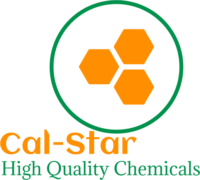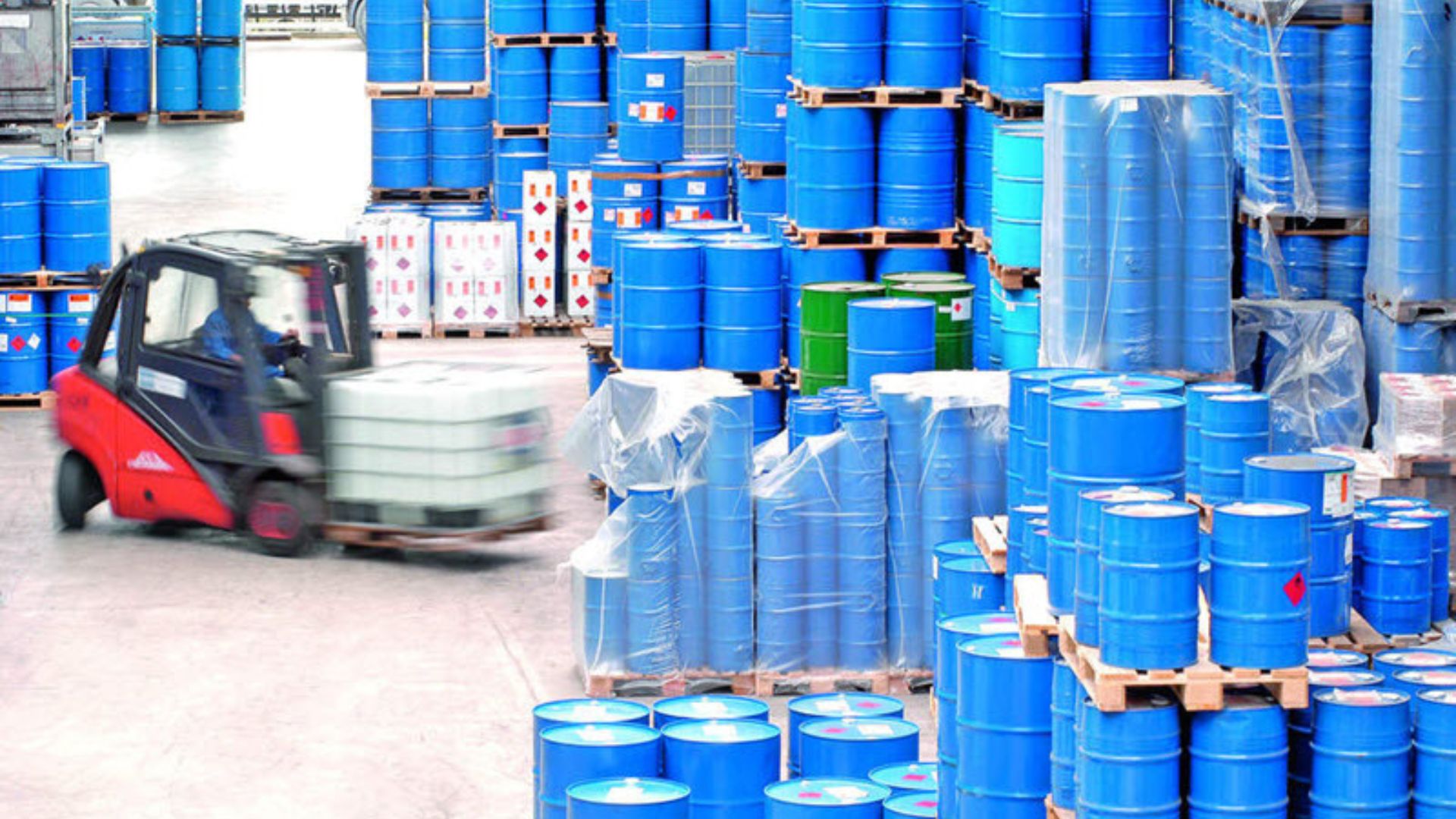Inorganic chemicals in industry play a vital role in various sectors, driving advancements and enhancing productivity. These chemicals are essential for numerous industrial processes, offering unique properties that contribute to efficiency and innovation. In this article, we’ll discuss the top uses of inorganic chemicals in industry, highlighting their importance and applications.
Importance of Inorganic Chemicals in Industry
Understanding the significance of inorganic chemicals in industry is crucial. These substances are used in a wide range of applications, from manufacturing to agriculture. Their unique properties make them indispensable for modern industrial processes, ensuring that industries operate smoothly and efficiently.

Uses of Inorganic Chemicals in Industry
Manufacturing of Fertilizers
One of the primary uses of inorganic chemicals in industry is the manufacturing of fertilizers. Chemicals like ammonium nitrate, potassium chloride, and superphosphate are essential for producing fertilizers that enhance soil fertility and crop yield. These fertilizers provide essential nutrients to plants, promoting healthy growth and increasing agricultural productivity.
Water Treatment Processes
Inorganic chemicals are vital for water treatment processes. Chlorine, aluminium sulfate, and ferric chloride are commonly used to purify water, removing contaminants and ensuring it is safe for consumption. These chemicals help in coagulation, disinfection, and pH adjustment, making water treatment more effective and efficient.
Production of Construction Materials
The construction industry relies heavily on inorganic chemicals for producing materials like cement, glass, and ceramics. Limestone, gypsum, and silica are key components in cement manufacturing, while soda ash and limestone are crucial for glass production. These chemicals contribute to the durability and strength of construction materials, ensuring the stability of buildings and infrastructure.
Chemical Synthesis and Catalysts
Inorganic chemicals are essential in chemical synthesis and as catalysts in various industrial processes.
Metal Extraction and Refining
The mining and metallurgy industries utilize inorganic chemicals for metal extraction and refining. Chemicals such as sulfuric acid, hydrochloric acid, and sodium cyanide are used in the extraction of metals like copper, gold, and zinc. These processes help in separating valuable metals from their ores, making them available for industrial use.
Textile Industry Applications
These chemicals help improve the quality and appearance of fabrics, making them more appealing to consumers.
Paper and Pulp Industry
The paper and pulp industry relies on chemicals for various processes. Chlorine dioxide, sodium hydroxide, and calcium carbonate are used in the bleaching, pulping, and papermaking processes. These chemicals help in producing high-quality paper products with improved brightness and strength.
Petroleum Refining
Inorganic chemicals play a crucial role in petroleum refining. These chemicals help improve the efficiency of refining processes, ensuring a steady supply of petroleum products.
Electronics and Semiconductor Industry
The electronics and semiconductor industry relies on chemicals for manufacturing and processing. These chemicals contribute to the miniaturization and performance enhancement of electronic devices.
Agricultural Pesticides
These chemicals help in maintaining crop health and ensuring higher agricultural yields.
Conclusion
Inorganic chemicals in industry are indispensable, driving innovation and efficiency across various sectors. From manufacturing fertilizers to producing construction materials, these chemicals play a vital role in modern industrial processes. By understanding their applications, we can appreciate the importance of inorganic chemicals in industry and their contribution to our daily lives.




